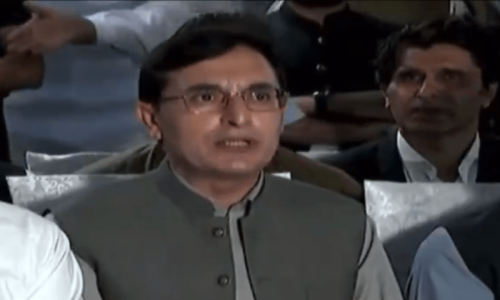THE procedural law in Pakistan suffers from various defaults and shortcomings due to the incompetence of our lawmakers. These deficiencies have significant implications for the legal system and the protection of individuals’ rights.
The poorly drafted procedural laws often contain ambiguous language, or lack clarity in outlining legal procedures, leading to confusion among legal practitioners, litigants and judges. This ambiguity can result in inconsistent interpretation and application of the law, undermining the predictability and fairness of the legal process.
The other main issue is of inefficient and convoluted procedural rules that contribute to delays in the resolution of legal disputes, prolonging the litigation process and increasing the cost for the parties involved.
Delays in justice delivery undermine public confidence in the legal system and deny individuals timely access to justice, perpetuating injustice and frustration.
Procedural laws fail to adequately safeguard individuals’ rights and protect against abuses of power within the legal process. Inadequate procedural safeguards result in unfair treatment, denial of due process, and violations of fundamental rights, particularly for vulnerable and marginalised populations.
The complex procedural requirements and bureaucratic hurdles create barriers in the way of access to justice, particularly for individuals with limited resources. Inaccessible legal procedures exacerbate inequalities and hinder efforts to promote equitable justice outcomes, perpetuating a system that favours the privileged few.
Incoherent or contradictory provisions within procedural laws create inconsis-tencies in legal practice, leading to confusion, procedural errors and inefficiencies. Conflicting rules and interpretations breed jurisdictional disputes, and undermine the integrity and credibility of the legal system.
Addressing all these shortcomings requires a concerted effort to reform procedural laws, prioritising clarity, coherence and fairness in their drafting and implementation. Lawmakers must demonstrate competence and diligence in the legislative process, consulting with legal experts and stakeholders to identify and rectify the deficiencies.
Asad Ullah
South Waziristan
Published in Dawn, April 26th, 2024










































Dear visitor, the comments section is undergoing an overhaul and will return soon.